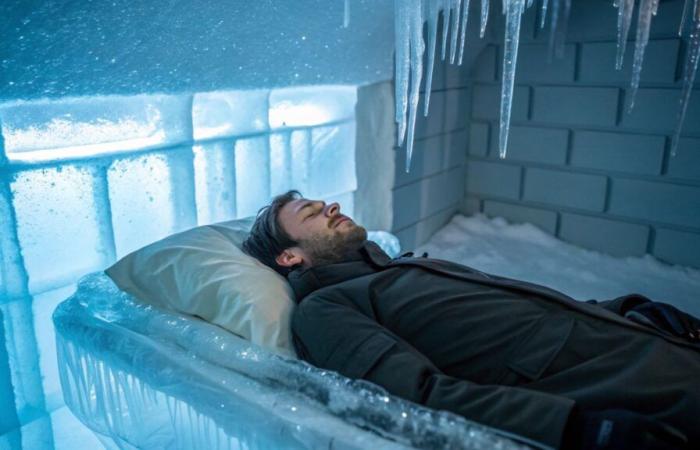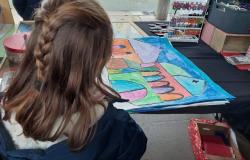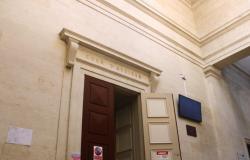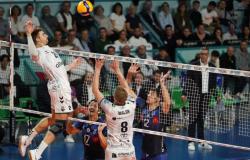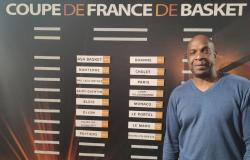At -90°C, our body experiences extreme thermal shock. But behind this intense cold, a discovery emerged… about our sleep.
Cryostimulation, a method that exposes the body to freezing temperatures for a few minutes, has recently been studied for its effects on sleep quality. Researchers from the Universities of Poitiers and Montréal tested this approach on 20 healthy young adults. health. The objective? Observe how the cold extreme influences the most restorative phases of sleep.
During the experiment, participants were exposed daily to -90°C for five minutes, in specialized chambers. Protected by minimalist clothing and accessories to avoid frostbite, they followed this protocol for five consecutive days. The results revealed significant changes in their sleep architecture. Slow wave sleep, a key phase for regeneration physique and mental, increased in average seven minutes per night after cryostimulation. This improvement is particularly interesting because it occurs during the sleep cycles that are most important for recovery.
Furthermore, participants reported better perceived quality of their sleep. Women, in particular, showed more marked improvements. Their anxiety level also decreased, from 43 to 38 points on average. These results highlight differentiated responses depending on sex, an aspect that is still little explored in this area.
Olivier Dupuy, one of the researchers behind the study, specifies that these beneficial effects are not immediate. They require several successive exposures to the cold, which underlines the importance of regularity to obtain tangible results.
If these observations concern healthy individuals, the researchers believe that cryostimulation could prove even more beneficial for people suffering from sleep disorders. Potential applications are also envisaged in the management of chronic inflammation, the improvement of sports recovery or the support of people with dementia light.
In some countries such as Poland, cryostimulation is already integrated into public health systems. Although still emerging in other regions, this method opens new perspectives in medicine and in physiotherapy, according to the authors of the study published in Cryobiology.
Next steps include larger studies to explore long-term effects and better understand the biological mechanisms at play. One thing is certain: cold, far from being a simple inconvenience, could become an unexpected ally for restful sleep.

